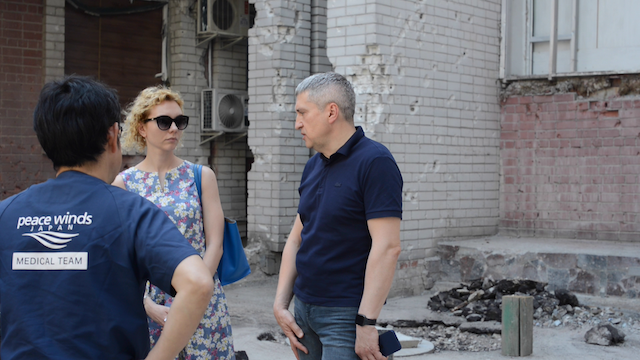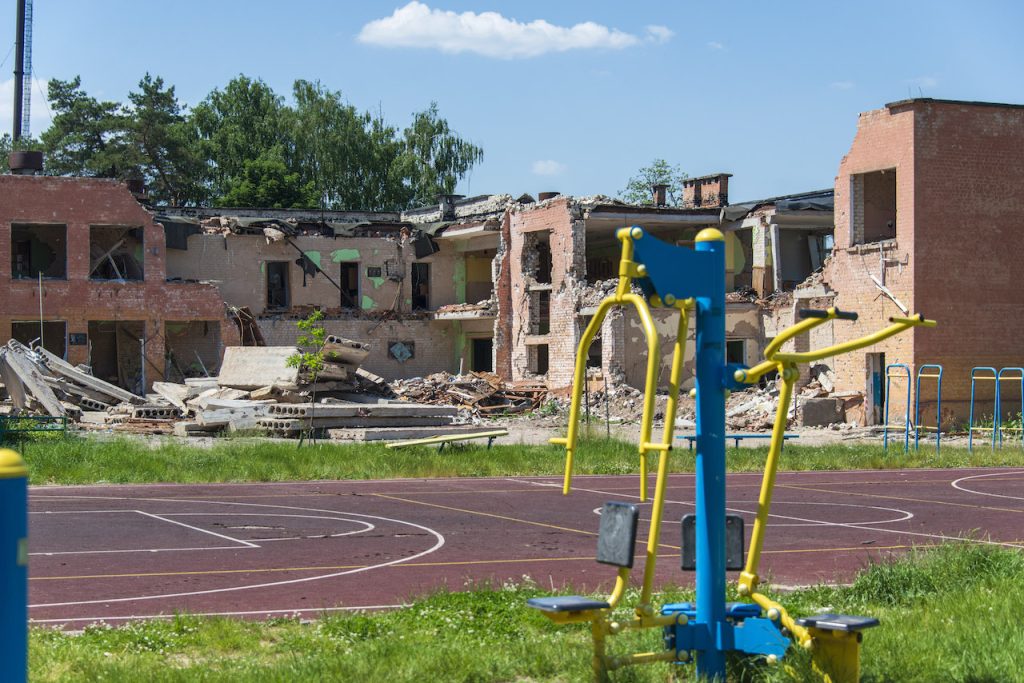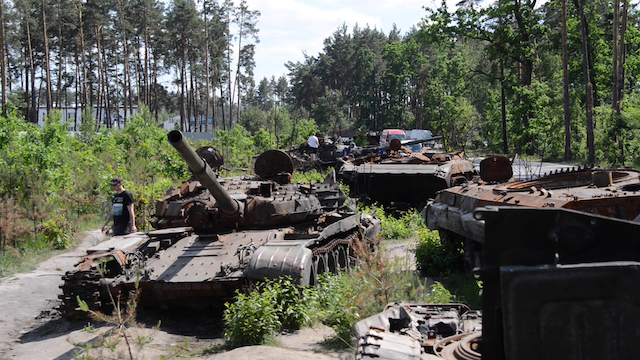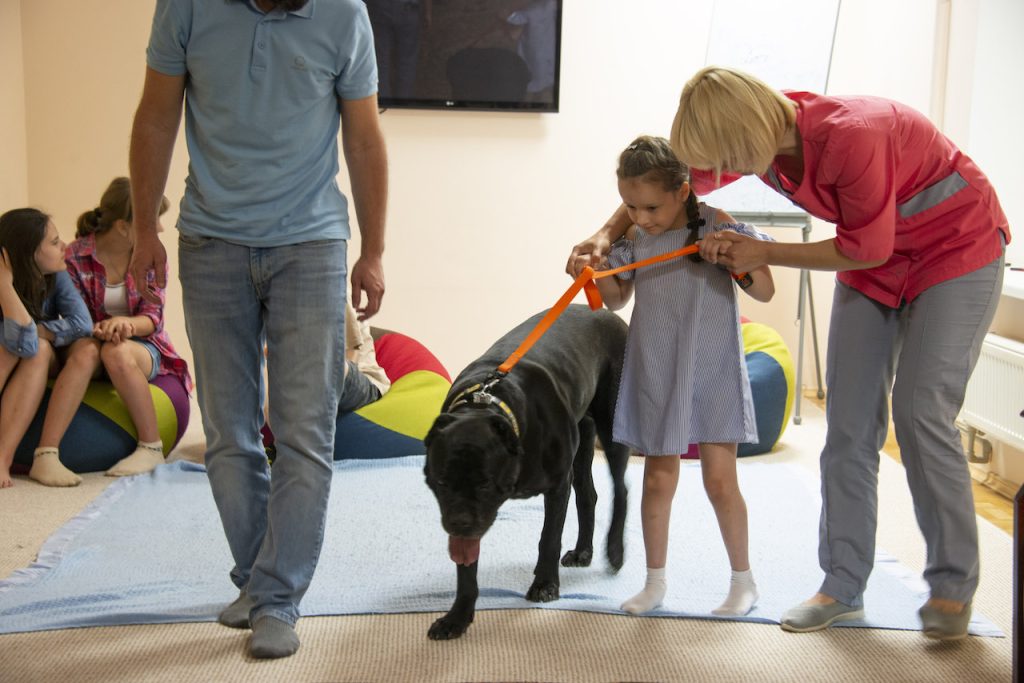Life in Ukraine During the War
By Peace Winds Japan Doctor Mototaka Inaba
“The Russian army suddenly began to attack on March 17. I gathered together our staff, their families, and their pets in the hospital. I didn’t know if the hospital was safe, but otherwise the staff wouldn’t be able to work with peace of mind.
“As the attacks continued, we were tending to no fewer than 1,000 patients. Most of them were ordinary civilians. We were all used to the conveniences of the 21st century, and it was extremely hard to give medical care with no electricity, water, or heating.”
The director of the Chernihiv Second Municipal Hospital in northern Ukraine guided us around the hospital and gave us a detailed account of the harsh conditions that struck about three months ago. There are many marks left on the walls and roof of the hospital, and some of the walls have been broken by the bombings and are now covered from the inside with plywood.
As he spoke, I thought to myself how similar the situation is to the experience of hospitals in Japan after the tragedies we’ve faced. Even so, there is still the possibility that Russian troops will attack again in the future.
From June 9th to 12th, we visited the Kiev and Chernihiv regions in Ukraine and gathered information, mainly from hospitals and rehabilitation facilities, to determine what support we could provide during the war.
While we were there, I thought to myself how the war has impacted people differently from place to place, and people still balance their daily lives. I thought of my grandparents and great-grandparents who also carried out their everyday lives during World War II despite air raids and the atomic bombings on Hiroshima and Nagasaki. That’s why I’m here now.
I used to think that I wouldn’t be able to provide medical support in Ukraine until after the war, but then I realized that if people are continuing with their daily lives, then they are naturally also in need of medical care. Medical equipment is getting destroyed, and since most funds are directed toward the military, there is no money to replace them. Even with funding, it’s hard to get equipment from overseas right now. But since no one can predict when the war will end, saying “when the war is over” feels like a faraway dream.
During our visit, I learned about the problems with Ukraine’s medical system and the corruption of politics. However, when I spoke to the residents, they said that the situation has improved since the medical reform in 2016. I can only say how sorry I am for the inability to supply regular medical care during the war. Politics are not as simple as “good” or “bad,” but it’s clear that most of the victims of this war are vulnerable civilians, including children, who have no role in politics. I realized again that it is our duty to help them immediately and in the long term.
Peace Winds will continue to support the people of Ukraine as they work toward more peaceful times. Thank you for your support.



